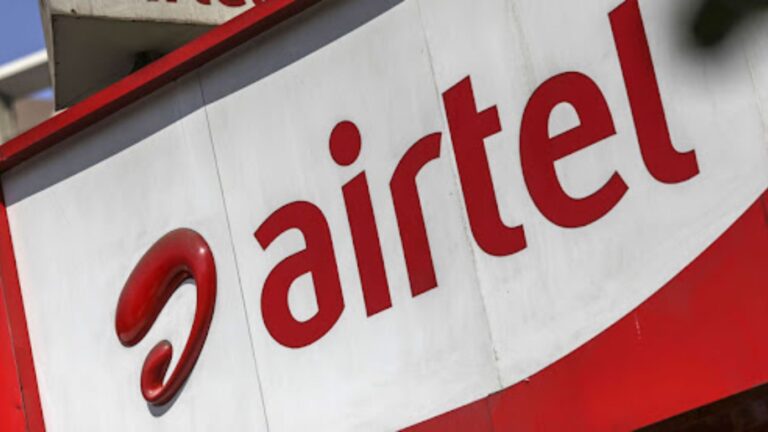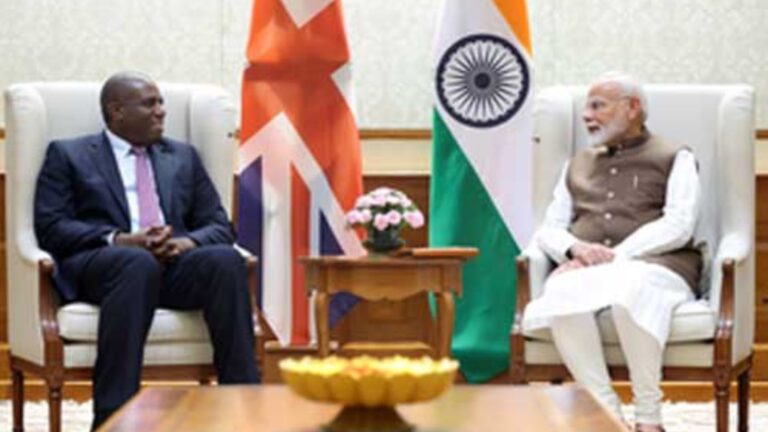
Adani Energy Solutions Ltd (AESL) is poised for a major boost in its earnings, driven by the rapid expansion of its smart metering business, according to credit rating agencies and market analysts. The company’s strategic focus on smart meter deployment is expected to enhance its earnings before interest, depreciation and amortisation (Ebitda) significantly in the coming years.
With a 17% share of the smart metering market, AESL has already secured contracts for the installation of 23 million meters, positioning itself as a key player in the national smart metering initiative. The smart meters enable granular tracking and forecasting of electricity usage across small geographies, allowing for more efficient retail power distribution management.
Fitch Ratings has projected that smart metering will contribute over 25% to AESL’s Ebitda by FY26, a remarkable increase from zero in FY24 and 15% in FY25. The fast cash conversion cycle in this segment is seen as a major driver of profitability. “Revenue generation begins once either 5% of the contracted meter capacity or 25,000 meters have been installed,” Fitch noted. However, the company’s cash flow remains exposed to the financial health of state-owned distribution companies (discoms), though direct debit arrangements with consumers help mitigate some of this risk.
The Indian government has set an ambitious target of installing 250 million smart meters by 2030. AESL’s prior experience operating the Mumbai distribution company has been instrumental in securing a strong position in this programme. As of February 2025, its order book stood at 23 million meters, according to Elara Capital.
The installation of each smart meter requires an upfront investment of ₹5,800. Over the duration of a 90-month contract, each meter is expected to generate ₹12,000 in revenue. AESL is anticipated to maintain an Ebitda margin of 85% in this business vertical, Elara noted.
Investment firm Jefferies estimates that AESL’s ongoing projects represent a market value of approximately ₹27,200 crore. It expects the company to install about 4.5 million meters by the end of FY25 and aims to reach 10 million meters by FY26. Of this, 7 million will come from existing contracts, with the remainder anticipated from new project wins.
Tata Power is also active in the smart metering space. Its Delhi distribution arm recently partnered with Probus Smart Things to integrate advanced smart meter technology, including Bluetooth-enabled Universal Network Interface Cards (NICs).
According to Care Edge Ratings, widespread adoption of smart meters by discoms could unlock an additional ₹4 lakh crore in revenue over the next seven years. However, progress remains gradual. As of January 2025, only 20 million smart meters had been installed nationwide. Care Edge projects that just 25% of the government’s 250 million meter target will be met by March 2026.
The rating agency also highlighted the massive investment needed to meet the government’s goal — approximately ₹1.25 lakh crore, including ₹95,000 crore in debt and 25% equity funding.
Despite these challenges, AESL’s rapid strides and strong financial outlook in the smart metering segment underline its growing importance in India’s power infrastructure transformation.





